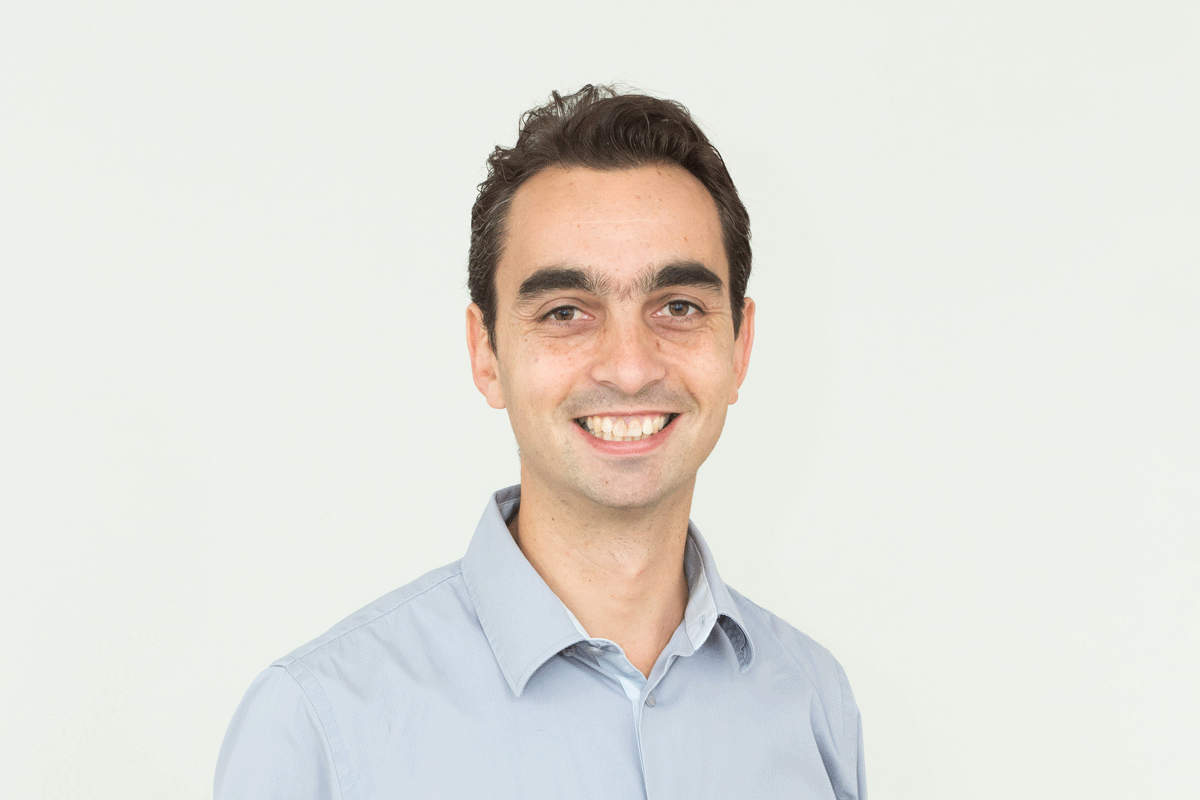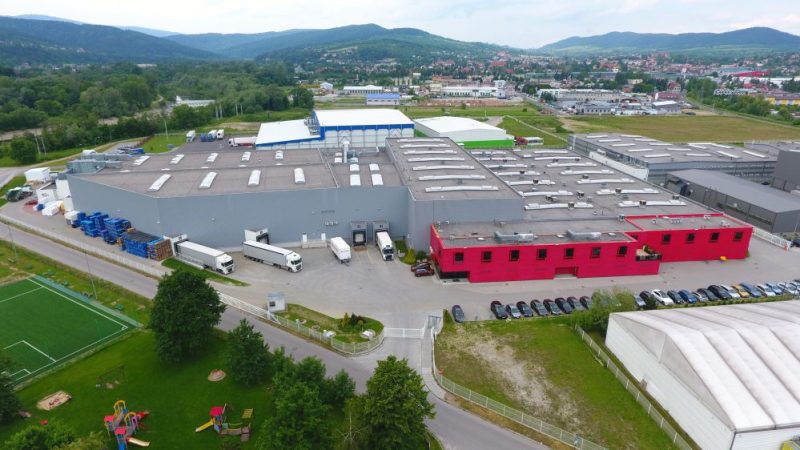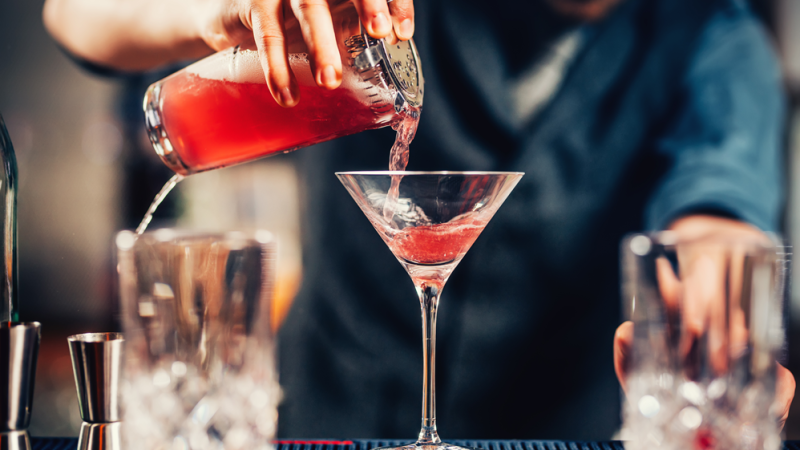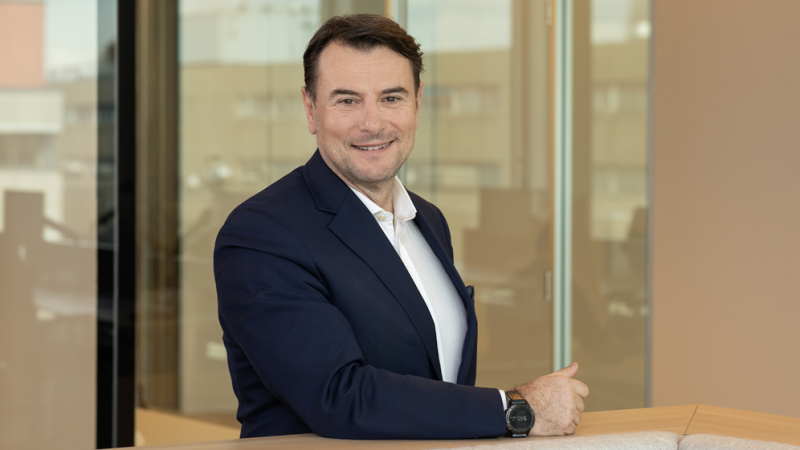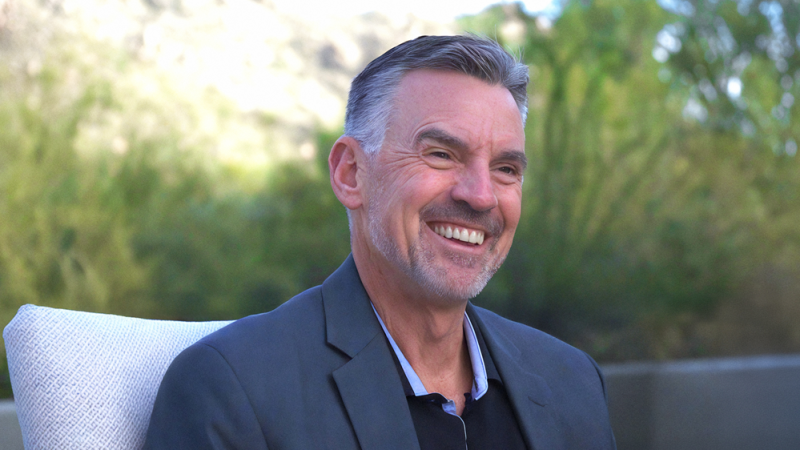The history of agricultural biologicals – a diverse group of products derived from naturally occurring microorganisms as the primary active ingredients – is as old as agriculture itself, as humans have been working in tandem with living organisms to grow crops for centuries. However, only recent advancements have made them competitive with chemical substances in terms of improving yields, with the added benefit of generating healthier crops and preserving the soil.
Leading the way in this exciting development is Lavie Bio, a subsidiary of Evogene, a pioneer in the field of applied computational predictive biology. Lavie Bio’s ag-biological products under development are based on the naturally occurring microbial population and aim at improving food quality, sustainability, and agriculture productivity.
The company uses a proprietary computational predictive system, the Biology Driven Design platform (BDD), powered by Evogene’s proprietary MicroBoost AI tech engine, harnessing the power of big data, artificial intelligence, and advanced informatics for the discovery, optimization and development of bio-stimulant and bio-pesticide products.
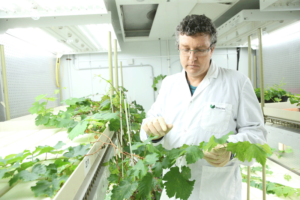 The power of microbes
The power of microbes
Company CEO Amit Noam summarises the core business: “We leverage cutting-edge computational technology to develop the next generation of ag-biological products that will represent a leap forward in improving agriculture practices while protecting the environment. The AI system enables us to identify the microbes that we want to develop into two types of products – bio-pesticides, which are intended to replace some chemical applications in a biological-based solution, and bio-stimulants that bring additional capabilities to the plant in order to help it grow better.”
Noam points out that structuring and controlling the microbiome composition in the field is a “game changer” in crop performance. “We are trying to understand which microbes have which effect on the plant, and if it is possible to isolate that microbe and turn that into a product – change the microbiome composition in the field using the right microbes.”
“This is done in a natural way, as the world is set to move away from chemical, synthetic-based solutions – a macro trend that is now happening on a global scale as consumers demand healthier food. As such, biologicals seem to be the right solution, one that is more sustainable, cleaner, better for the environment, the soil, and ourselves.”
He points out that today, the biologicals market is around $12 billion p.a. While still accounting for only 5% of the entire ag inputs market which includes chemicals, it is by far the fastest growing industry, expected to increase to $30 billion in less than a decade.
Importantly, when developing a new product, Lavie Bio benchmarks it against the chemical product already in the market. “We can easily be better than the other biological products, but still not win the market. You need to set the bar at where the chemicals are, and if you’re able to bring a solution that is not only on par with the chemical but also brings the whole sustainability solution, that’s where the market will erupt, and that’s where biologicals will move from the 5% to the 25% of this entire $200B market,” says Noam.
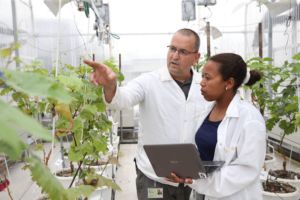 Growing in partnerships
Growing in partnerships
Over the last few years, the company has achieved several significant milestones. Last year, Lavie Bio launched its first product to be commercialised. Yalos®, a leading-edge bio-inoculant for hard red spring wheat, durum, and barley, was introduced in the United States, followed by Canada in 2024. Taking advantage of a combination of two microbes, Yalos enhances nutrient availability and uptake, improving a plant’s natural defence mechanism and its ability to mitigate stress.
“Yalos, a bio-inoculant for a range of crops, has been proven to improve yield by six per cent on average, and the index has been constant over 250 trials. This consistency across five different years, different climatic areas, different soil types based on a huge amount of data, is unique for a biological agent” says Noam.
More recently, the company has announced the commercial expansion of Yalos to winter wheat, following successful trials. This expansion effectively doubles the potential market for Yalos compared to the markets in which Lavie Bio already operates. In addition, Lavie Bio is expecting to expand Yalos into other key crops, such as soybean and canola, with ongoing field trials in North America and an expected commercial launch in 2025.
Noam points out that the company currently has 8 products in the pipeline to be marketed within two business models – either sold directly by Lavie Bio’s own sales team, or licenced to global players. “Cooperation is key for our growth,” he says. “A small company with unique capabilities needs partners to disrupt the market. We are a partnership-led company and we are also impact-driven, we want our products to make a difference, to reach as many farmers as possible. The only way to do that is through cooperation with other organisations.”
That is already happening. In July 2023, Lavie Bio signed a licencing agreement for a bio fungicide with Corteva, and has just recently announced a partnership with Syngenta, a leader in agricultural innovation, to develop a novel bio-insecticide. The company has also announced a collaboration with Bayer on another product, and with ICL will develop yield-increasing bio-stimulants for key row crops facing various abiotic stresses.
Ready for the leap
“Lavie Bio is unique in that we are the preferred partner of choice for all these big players in the industry, as our technology is so special and we do things very differently,” says Noam, adding that Lavie Bio is at the very intersection of biology, sustainability and artificial intelligence.
“On the one side, we have the ability to be on the cutting edge of computational technology, and on the other to be fully sustainability-driven. That’s the magic of our company, and that is what attracts the best minds to us – biologists, agronomists or the computational scientists who look for exciting challenges that can make a difference to the planet.”
“I feel very privileged to be part of what I believe is one of the best teams in the industry, with the motivation and with the capabilities to make a positive impact on our environment: to make it safer, cleaner and healthier for generations to come.”
Looking forward, he reflects that while Lavie Bio is currently focusing on organic growth, the company is also looking at opportunities for investments, for acquisitions, to be able to increase its capabilities. “I believe we live in the most exciting times for agricultural biologicals as we will see this market erupt over the next few years. Biologicals have matured; there are new technologies, new companies, new capabilities to be able to make the move. The industry is ready to make that leap.”
